By: Imam Shamsi Ali, President of Nusantara Foundation, New York
Surely the atmosphere of Ramadan is still felt in every pulse of our lives. Something that has become the narrative of life in the past thirty days. Of course Ramadan should have been part of the ‘ma’ruf’ of life that flows at every point of our lives.
I don’t forget to say congratulations, mubarak, congratulations, or also in the language of my village; congratulations. That with His permission and qudrah we have also completed this great training. Training “imsak” in life that should be celebrated with a sense of happiness, joy and victory.
This time I want to remind myself and all of us about the “blessings” of Ramadan. Actually this is a continuation of the reminder that I have conveyed in several writings during Ramadan; interpret the blessings of Ramadan. Although the title is different, the substance is the same.
Also Read: Ustaz Abdul Somad in Pekanbaru: It’s Time to Embrace Hijrah
As previously stated, fasting in Ramadan has blessings that cover all the pulse points of human life. And therefore it is very unfortunate if the blessing is limited to the blessing (benefit) of ta’abbudiyah (ritual) alone.
One blessing that I want to underline this time is that Ramadan is a month of restoration of life. This means that in the month of Ramadan, believers are given a golden opportunity to do basic “ishlahaat” (improvements) in their lives.
Restoration of life is an essential part of Islamic teachings. In fact, the concept of repentance is essentially restoration. Restoration of life that leads to restoration of relationships, both vertically (with the Creator) and horizontally (with fellow creatures).
Among the basic things that need restoration, especially with Ramadan fasting is the restoration of human “humanity”.
Also Read: Friday Sermon: Jews, Children of Israel, and People of the Book
Restoration of humanity is very essential because in addition to being the basic identity of human life, it is also the foundation in carrying out the mission of life itself. Without humanity, humans become creatures that look human but have essentially lost their identity as humans.
Humanity which is usually called “insaniyat” or more popularly in religious language with nature is the basic human identity. This means that humans become human because of their nature. That’s because humans are created on the fitrah.
“With that nature, Allah created man. (And that fitrah) is irreplaceable in creation” (Ar-Rum).
“All human beings are born on nature. It is his parents who make him a Jew, Christian or Magian” (hadith).
Also Read: Friday Sermon: Hijrah in the Struggle for the Liberation of Al-Aqsa and Palestine
Humanity is what determines the face of human behavior. When humanity functions properly, what is called “furqan” (differentiation) will be born in its life. With this furqan, humans will be able to sort and choose what is good (right) from bad (wrong) things in life.
This is also the main meaning of the revelation of the Qur’an. Not to bring something foreign/new to human life but rather to play the role of “dhikra” (remind) as well as confirming human nature. So that the Qur’an is not only known as “dhikr” (inna nahnu nazzalna adzikra wa inna lahu lahafizhun), it is also known as “Al-Furqan” (Al-Baqarah: 185).
On the other hand, we realize that the damage that occurs in nature is caused by the ignorant hands of humans whose nature has been contaminated by various unclean lives due to uncontrolled lust.
“Damage has appeared on land and in the sea due to human hands” (Ar-Rum).
Also Read: Sadaqah, A Simple Act with Extraordinary Virtues: Dr. Wahyudi KS
This is where fasting which has the essence of al-imsak (restraint) trains humans to make repairs or restoration of the fitrah. Fitrah, which is usually translated as “puritas” or holiness, occurs by training oneself to withstand everything that can make a person fall into the trap of uncontrolled lust.
By restraining or controlling (not killing) the impulses of lust, humans will be able to organize their lives according to their humanity. A polished sense of life with beauty, love, compassion and of course with value and benefits.
This is the restoration that will happen with the fast of Ramadan. Fasting whose essence is to restrain one’s lust (ammarah) cultivates a furqan mind (distinguishing what is good and bad). So that life becomes more responsible, meaningful and useful. (T/RE1)
Mi’raj News Agency (MINA)
Also Read: The Dynamics of Living in a Muslim Community in the Modern Era






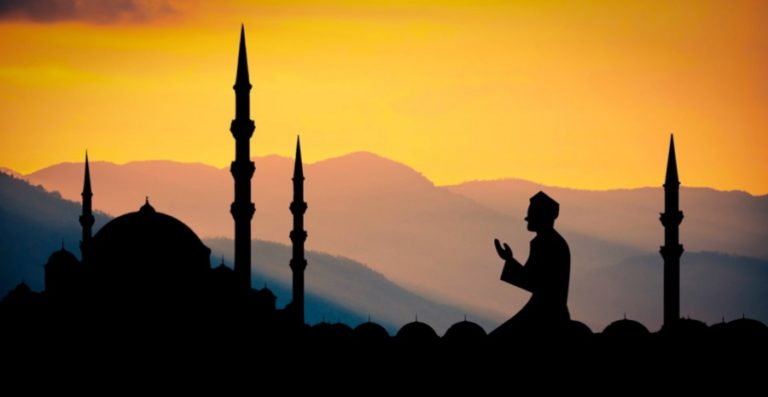

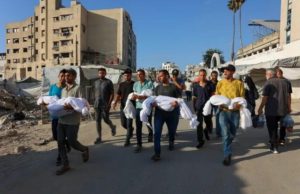
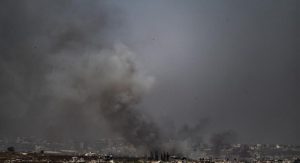
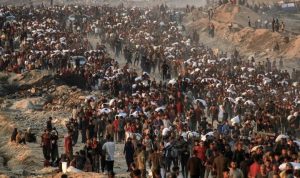

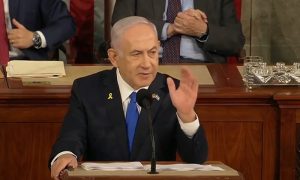



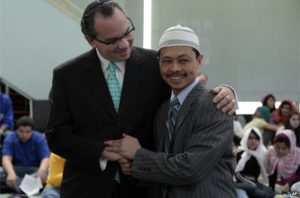

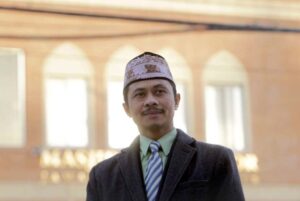


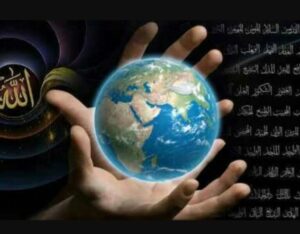











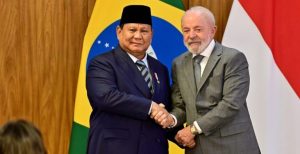



 Mina Indonesia
Mina Indonesia Mina Arabic
Mina Arabic